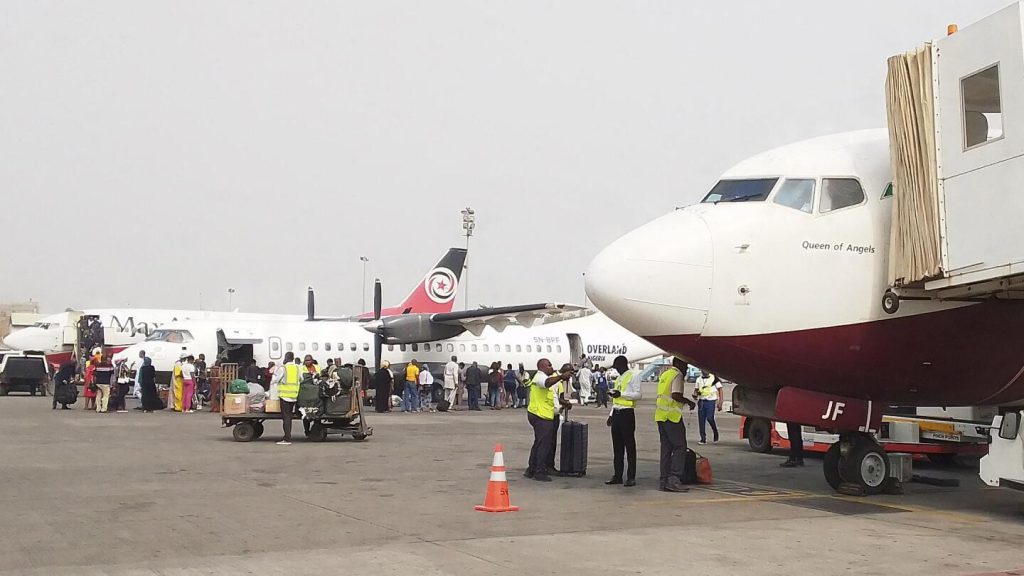
NCAA Clarifies Status on Nigerian Airlines and US Flight Operations
The Nigeria Civil Aviation Authority (NCAA) has responded to recent reports suggesting that Nigerian airlines have been banned from operating flights to the United States. The NCAA emphasized the need to correct this misunderstanding and provide accurate information regarding Nigeria’s status in the International Aviation Safety Assessment (IASA) program.
To operate flights to the United States, countries like Nigeria must meet specific safety standards set by the US Federal Aviation Administration (FAA). This is done through the IASA program, where countries are assessed and must achieve Category 1 status. With Category 1 status, Nigerian airlines are allowed to operate Nigerian-registered aircraft and dry-leased foreign-registered aircraft into the United States under the Bilateral Air Services Agreement.

Nigeria first attained Category 1 status in August 2010. The FAA conducted subsequent safety assessments in 2014 and 2017, and Nigeria successfully retained its Category 1 status each time.
However, in September 2022, the FAA updated its criteria, delisting countries that had not had an indigenous airline operating flights to the US for two consecutive years. Since no Nigerian airline had flown directly to the US using a Nigerian-registered aircraft within that period, Nigeria was delisted. The NCAA confirmed that this decision was made in 2022, and Nigeria was informed at that time.
Also read: RwandAir Aims to Double Fleet Size in Five Years as Revenue Soars
The NCAA stressed that this delisting was not due to any safety or security concerns with Nigeria’s aviation oversight system. Nigeria has undergone thorough safety and security audits by the International Civil Aviation Organization (ICAO) and was found to have no significant safety or security issues.
It’s also important to note that Nigerian airlines can still operate flights to the US using aircraft wet-leased from countries that currently hold Category 1 status. Wet-leasing involves leasing an aircraft along with its crew from another airline, typically from a country that meets the required safety standards.
The NCAA remains committed to maintaining high safety and security standards in Nigeria’s aviation sector, respecting the sovereignty of other nations, including the United States, as outlined in international aviation agreements.
In light of the delisting, Nigeria’s Minister of Aviation and Aerospace Development, Olorogun Festus Keyamo, SAN, has launched an international campaign to support local airlines in accessing the global dry-lease market. This effort included a visit to Airbus in France earlier this year and the signing of a Memorandum of Understanding (MOU) with Boeing in Seattle, Washington, just last week.
Minister Keyamo has also been working to ensure that Nigeria fully complies with the Cape Town Convention, which aims to strengthen international confidence in Nigeria’s aviation market. These initiatives are expected to help Nigeria regain and sustain its Category 1 status in the near future.
The NCAA remains optimistic that with these ongoing efforts, Nigerian airlines will soon return to direct operations in the United States.